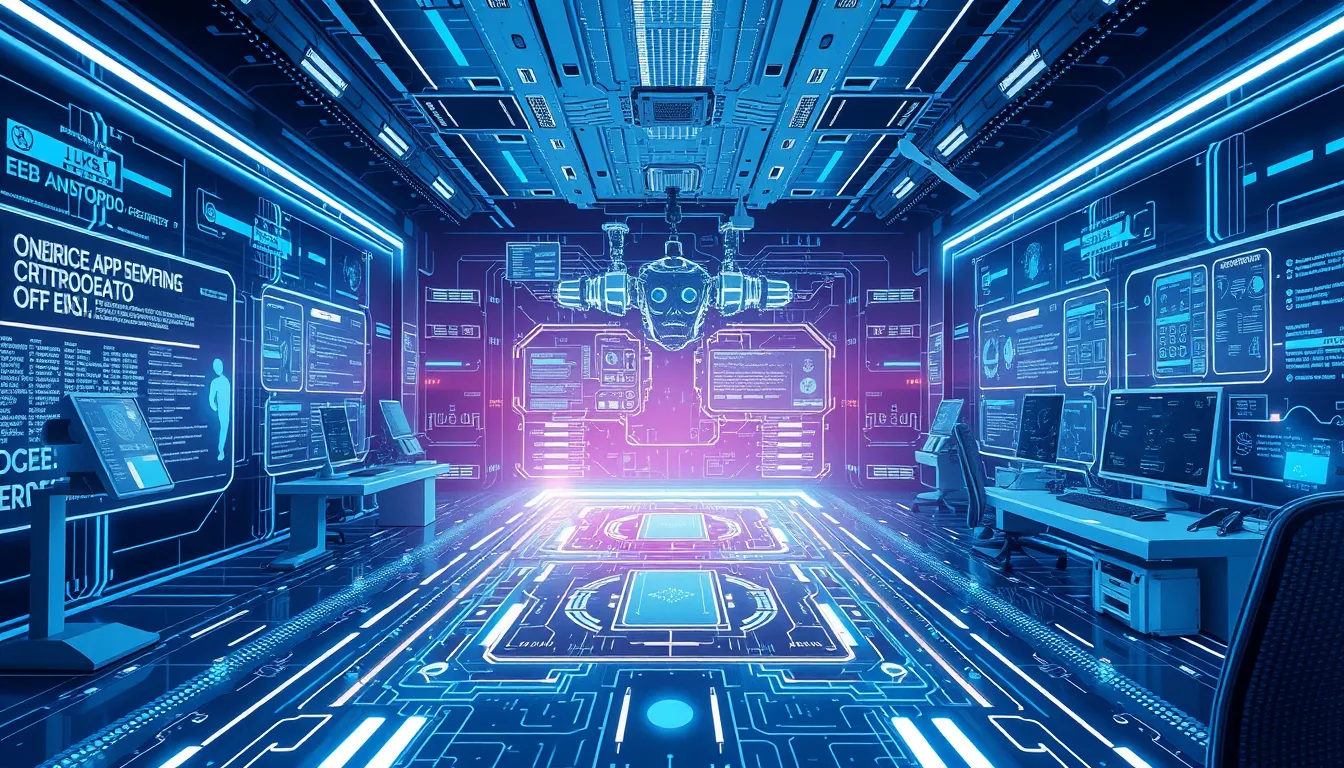Now Reading: Powerful AI in Healthcare Diagnostics: Boost Patient Outcomes
-
01
Powerful AI in Healthcare Diagnostics: Boost Patient Outcomes
Powerful AI in Healthcare Diagnostics: Boost Patient Outcomes

Powerful AI in Healthcare Diagnostics: Boost Patient Outcomes
Introduction
Artificial Intelligence (AI) is revolutionizing the medical field, and one of its most significant applications is in healthcare diagnostics. The integration of AI in healthcare diagnostics is reshaping traditional methods by enhancing accuracy, improving patient care, and streamlining medical processes. In this article, we explore how AI in healthcare diagnostics transforms the industry and outline key areas where it makes a profound impact.
How AI in Healthcare Diagnostics is Transforming Medical Practice
AI in healthcare diagnostics is becoming essential in modern medicine. By analyzing medical data with algorithms, these systems improve diagnostic precision. This technology assists doctors in identifying early signs of diseases, including cancer, heart conditions, and neurological disorders. Some key benefits include:
- Improved diagnostic accuracy
- Faster processing of medical imaging results
- Enhanced prediction of disease progression
The growing adoption of AI in healthcare diagnostics is evident, as more healthcare facilities invest in advanced technology to support clinical decision-making. Additionally, AI tools are helping medical professionals navigate complex datasets that would otherwise be overwhelming.
How AI Improves Diagnostic Accuracy
One of the most celebrated aspects of AI in healthcare diagnostics is its ability to enhance diagnostic accuracy. Traditional diagnostic techniques often rely on human interpretation, which can vary from one practitioner to another. With the advent of AI, diagnostic processes are now more consistent and precise. For example, AI algorithms are able to detect subtle patterns in imaging data that the human eye might miss.
For those interested in learning more about how AI improves diagnostic accuracy, consider the following points:
- Machine learning algorithms continuously improve as they analyze more data.
- Systems are trained on vast datasets, resulting in more reliable interpretations.
- AI reduces the margin for error, giving physicians added confidence in their diagnoses.
Internally, hospitals are linking patient records with real-time data analysis to ensure continuous improvements using AI in healthcare diagnostics. This link between data and technology paves the way for personalized treatment plans tailored to individual patient profiles.
Integrating AI in Medical Imaging
Medical imaging is one of the areas that benefit the most from AI in healthcare diagnostics. Advanced imaging techniques, assisted by AI, enable faster and more accurate detection of abnormalities. Technologies such as deep learning can scan thousands of images in seconds, flagging potential issues for further review by a human expert.
- Enhanced resolution and image clarity
- Faster turnaround for imaging results
- Reduced workload for radiologists
Healthcare providers like Mayo Clinic (Mayo Clinic) have begun incorporating AI systems to support their radiology departments, ensuring patients receive quicker diagnostic results and improved care.
The Role of AI in Disease Prediction
Beyond diagnostics, AI in healthcare diagnostics is significantly involved in disease prediction. AI systems leverage historical health data and genetic information to forecast the probability of future illnesses. As a result, these systems enable proactive measures and early interventions, which can save lives.
- Early detection of risk factors
- Predictive analytics for tailored patient care
- Reduction of hospital readmission rates
This proactive approach not only improves patient outcomes but also helps in reducing healthcare costs over time.
Challenges of AI in Healthcare
Despite its many advantages, the integration of AI in healthcare diagnostics is not without challenges. One major issue is the quality of data. Inaccurate or incomplete data can lead to misdiagnoses. Additionally, there is the challenge of integrating new technology into legacy healthcare systems, which may not be equipped to support rapid technological advancements.
Privacy and data security are also significant concerns. Ensuring that patient data is handled in accordance with strict regulations is essential. By addressing these challenges, the medical field can responsibly leverage AI in healthcare diagnostics to its full potential.
Conclusion
The evolution of AI in healthcare diagnostics marks a pivotal shift in medical practice. Through improved accuracy in diagnostic procedures, enhanced medical imaging, and reliable disease prediction, AI is setting a new standard in healthcare. As adoption continues to grow, overcoming challenges around data quality and privacy will be critical. Ultimately, the journey of integrating AI in healthcare diagnostics aims to optimize patient outcomes and revolutionize traditional diagnostic methods.
For further insights on AI technologies and their applications in healthcare, visit the official OpenAI website at OpenAI. With continued research and collaboration, the future of AI in healthcare diagnostics is both promising and transformative.
In summary, AI in healthcare diagnostics is not just a technical upgrade; it represents a comprehensive improvement in how medical professionals diagnose and treat patients. Embracing these innovations ensures that better, faster, and more accurate patient care becomes the new norm in modern medicine.

























